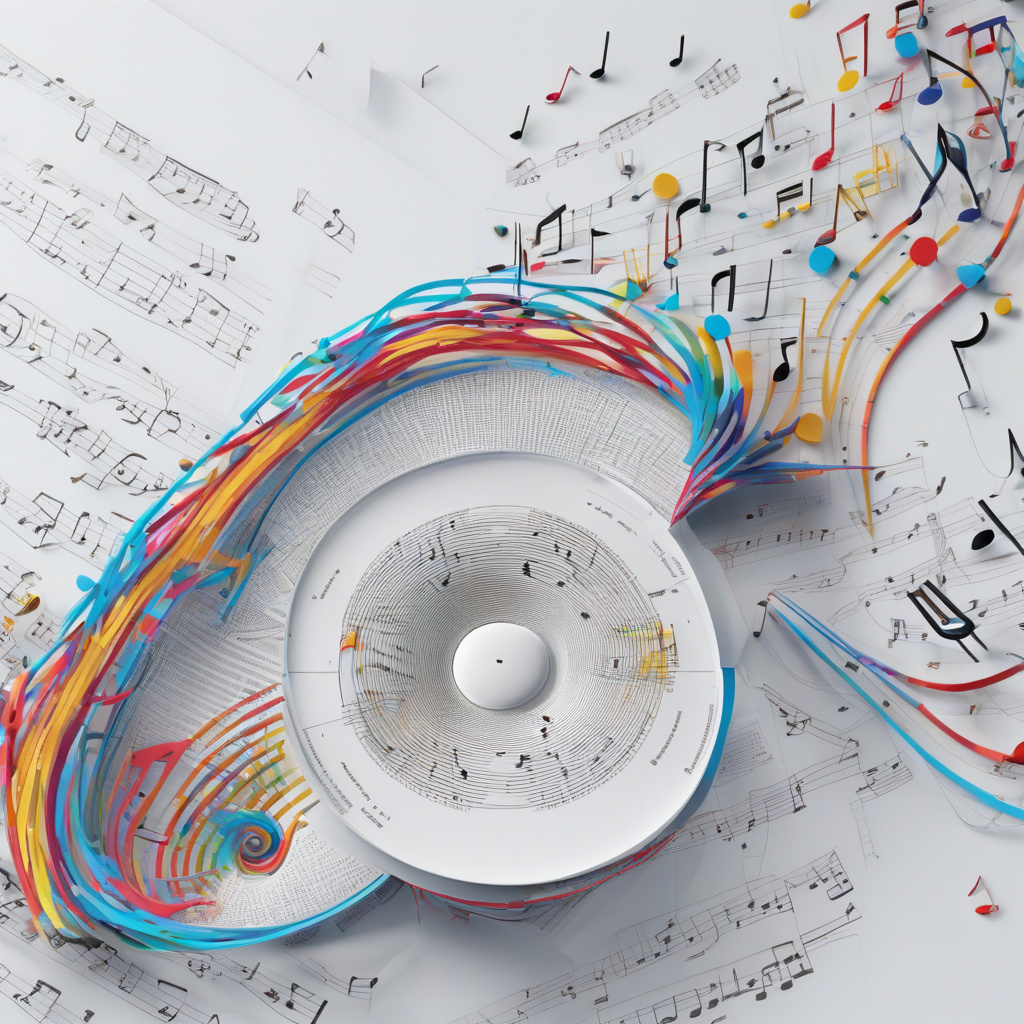Google’s Vertex AI Adds Lyria for Text-to-Music Creation
Google is once again positioning itself as an innovator in the tech world with the recent launch of Lyria, a text-to-music model on its Vertex AI platform. This addition is set to enhance the platform’s generative media capabilities, which already span video, image, and speech, now extending to the realm of music.
The unveiling of Lyria represents a significant step forward in the intersection of technology and creativity. By harnessing the power of artificial intelligence to convert text into musical compositions, Google is opening up new possibilities for musicians, content creators, and music enthusiasts alike.
One of the key advantages of Lyria is its ability to democratize music creation. Traditionally, composing music requires a certain level of expertise in playing instruments, understanding musical theory, and arranging compositions. With Lyria, individuals who may not have formal training in music can now express their creativity through the written word, with the AI algorithm translating text inputs into melodic arrangements.
Moreover, the integration of Lyria into Google’s Vertex AI platform underscores the company’s commitment to providing a comprehensive suite of generative media tools. By offering capabilities across various media types – from video to image, speech, and now music – Google is empowering users to explore diverse forms of expression and storytelling.
From a practical standpoint, the implications of Lyria are far-reaching. Content creators can leverage this technology to enhance their videos, podcasts, or other media projects with custom-made soundtracks that align with their creative vision. Similarly, musicians can use Lyria as a springboard for inspiration, generating musical ideas from simple text prompts.
Furthermore, the launch of Lyria underscores the growing convergence of AI and the arts. While some may view AI as a purely technical domain, initiatives like Lyria highlight the potential for AI to serve as a catalyst for artistic exploration and innovation. By bridging the gap between technology and creativity, Google is fostering a new wave of interdisciplinary collaboration and pushing the boundaries of what is possible in the digital age.
As with any AI-driven tool, the success of Lyria will ultimately hinge on its ability to deliver quality results consistently. While the concept of converting text to music is intriguing, users will likely judge the tool based on the musical output it produces. Factors such as the complexity of compositions, the range of musical styles available, and the adaptability of the AI model will all play a role in determining the utility and appeal of Lyria.
In conclusion, Google’s introduction of Lyria on the Vertex AI platform marks a significant milestone in the evolution of generative media tools. By adding text-to-music capabilities to its repertoire, Google is not only expanding the creative horizons of its users but also redefining the intersection of technology and art. As AI continues to shape the way we interact with media, initiatives like Lyria pave the way for a future where creativity knows no bounds.
#Google #VertexAI #Lyria #TextToMusic #GenerativeMediaCapabilities
